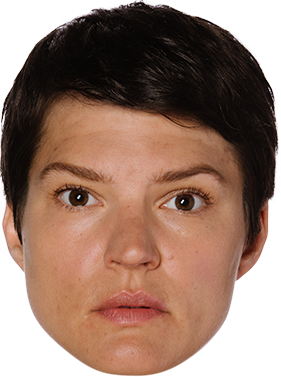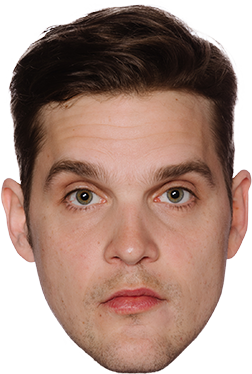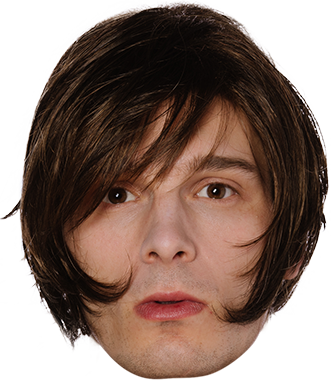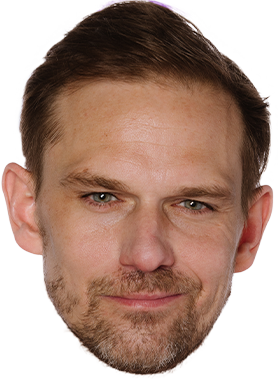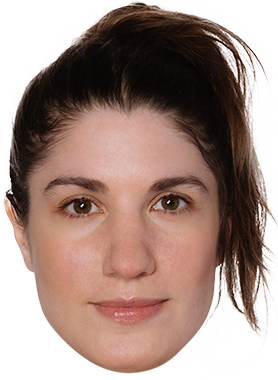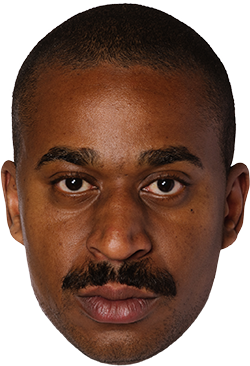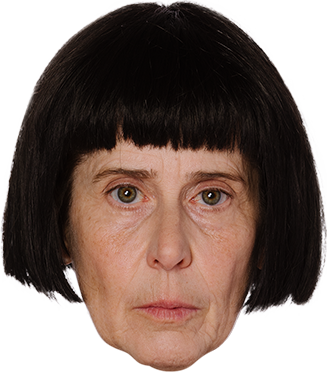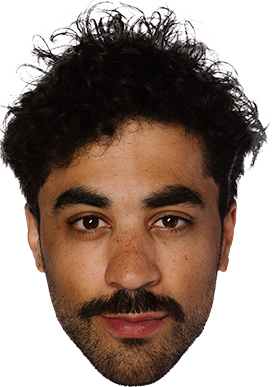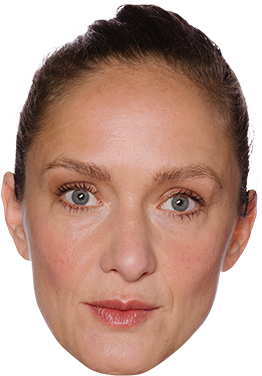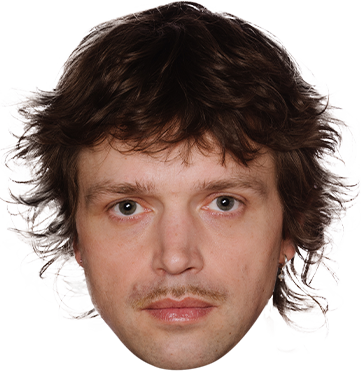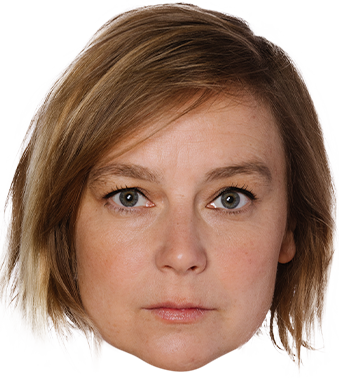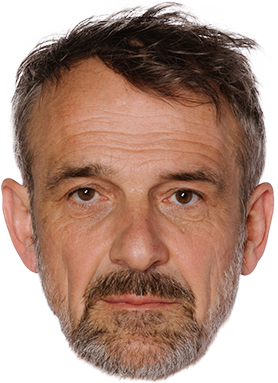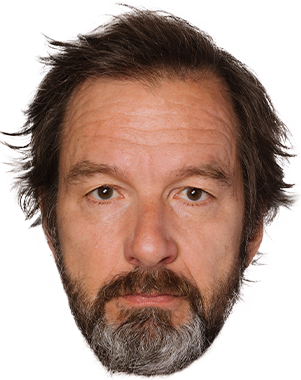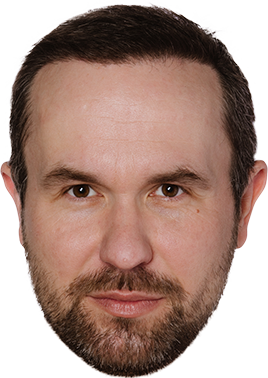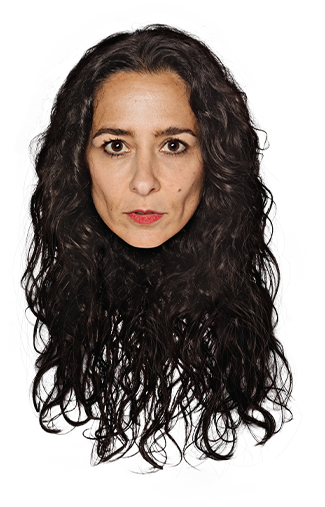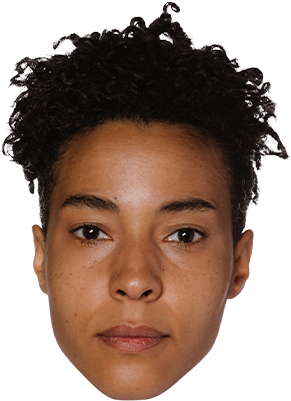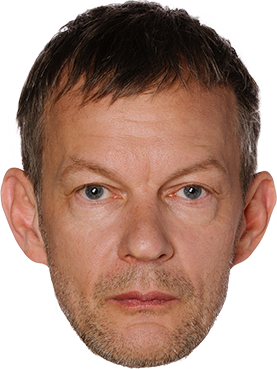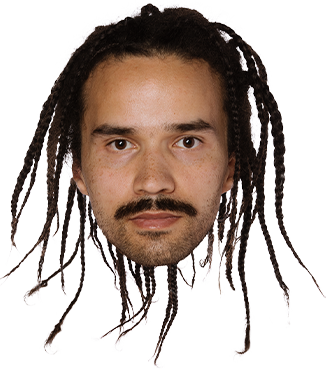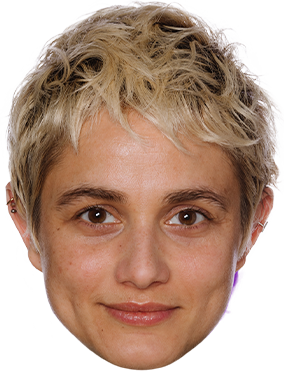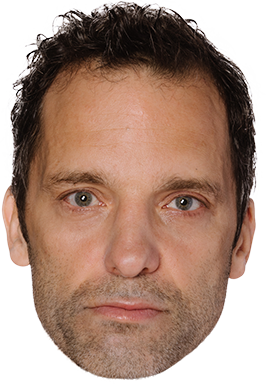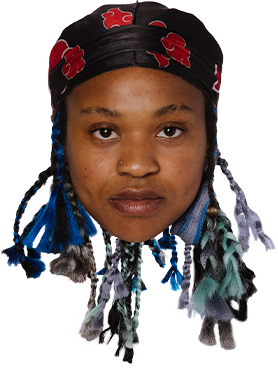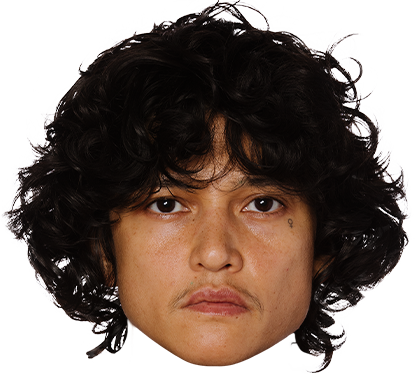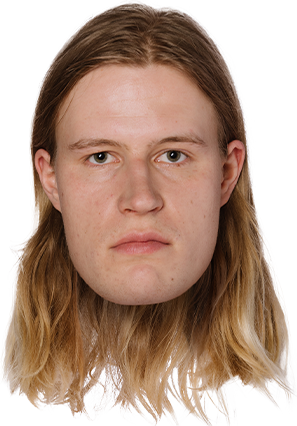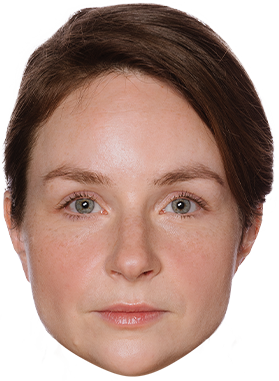Season Preview
2022/23
Schauspielhaus
Zürich
Hello! What is it that we can make possible for you today?
When we look at the productions of the coming season and thus into the future, questions arise that lead far away from
(and hopefully back to)
our little island of the Schauspielhaus Zürich. Theater prides itself on being able to respond to social change at the last minute – but can it do so this time?
Before we get to the bottom of this, let's introduce ourselves to each other: our name is SHZ_All users, and yours?
Great!
Questions have to be asked about change and a transition that is happening, that needs to happen. But it can also happen to us without our wanting it to, hitting us unexpectedly.
The last few years have been like that: change has come upon us. It has swept away certainties, lifestyles and privileges. Contradictions and ground-shaking doubts threaten to tear us apart.
We, too, need time. Time to arrive. Time to reflect on how the tides are actually turning. But one thing we can rely on is the strength of artists.
Not that they have immediate answers, but they stick to certain topics regardless of whether they’re in vogue. And in general, watching them discover their language and their world can be a start.
How could we claim to be behind the times and grasp what’s slipping?
We, too, need time. Time to arrive. Time to reflect on how the tides are actually turning.
But one thing we can rely on is the strength of artists. Not that they have immediate answers, but they stick to certain topics regardless of whether they’re in vogue. And in general, watching them discover their language and their world can be a start.
When we started in 2019, we took over the Schauspielhaus with an unusual approach for the German-language theater scene: we invited seven in-house directors to the Schauspielhaus to shape and mold this place over a three-year period.
It was clear to us from day one that this is how we want to work, despite all the challenges that such a diverse group of artists brings with them. We still don’t want to remain just among ourselves. We experience it as enrichment to be allowed to design a place that enables these sometimes also uncomfortable encounters in new beginnings and upheavals. And so, we will adhere to the in-house director concept. We will continue over the next years with Suna Gürler, Trajal Harrell with the Schauspielhaus Zürich Dance Ensemble, Christopher Rüping, and Wu Tsang with Moved by the Motion. With the addition of Nicolas Stemann, there are now five in-house directors.
We could tell you all about it, but you also have the opportunity to discover more yourself...
They are on their way to new challenges, in Bremen, Berlin and the whole world.
We would also like to stay connected with the other in-house directors from the early years for future work. The program includes new productions by Leonie Böhm and Yana Ross, such as Schwestern and Reigen.
From Alexander Giesche, Der Mensch erscheint im Holozän and Momo will stay in the repertoire. Additionally, we will present new pieces by Christiane Jatahy and Stas Zhyrkov, who will stage Antigone.
Stas Zhyrkov is an Ukrainian director, activist and artistic director of the Left Bank Theatre in Kyiv and works for the first time in Switzerland and in Zurich.
We first became involved with him when we joined a venture initiated by him and Birgit Lengers, curator of the Radar Ost festival at the Deutsches Theater in Berlin, after the outbreak of the war. Besides us, 100 other cultural institutions declared their intention to support voices of Ukrainian artists in Germany, Austria, Switzerland and all over Europe.
The declaration of intent was sent to the Ministry of Culture of Ukraine on 14 March 2022 and resulted in a number of male artists from Ukraine being able to go into exile instead of joining the army, including Stas. Later, Yana Ross once again connected us with Stas. We want to keep our intention by offering him a chance to work and express himself artistically, where it is prevented by the war. And in doing so, to continue a tradition of the Schauspielhaus Zürich as a theater for exiles.
You can look forward to Trajal Harrell’s version of Bernarda Albas Haus, to Christopher Rüping’s take on the film Border by Ali Abbasi, to Pinocchio as a family play by Wu Tsang and Moved by the Motion, to the new play Kleine Fische (working title) by Suna Gürler and Lucien Haug, to the world premiere of Elfriede Jelinek’s new environmental drama Sonne, los jetzt! by Nicolas Stemann – to name just a few of the plays by our in-house directors in the first half of the season.
The program includes new productions by Leonie Böhm and Yana Ross, such as Schwestern and Reigen. From Alexander Giesche, Der Mensch erscheint im Holozän and Momo will stay in the repertoire. Additionally, we will present new pieces by Christiane Jatahy and Stas Zhyrkov, who will stage Antigone in Spring 2023 at Pfauen.
To support artists in war and vulnerable situations, you can donate to the global NGO Artists at Risk: Recipient: Perpetuum Mobile ry Subject: Schauspielhaus Zurich für Artists at Risk IBAN: FI3557230220772060 BIC: OKOYFIHH
Stas Zhyrkov will direct Sophocles’ Antigone at the end of the season, which will be co opened by Nicolas Stemann with König Ödipus.
At the start, then, the search for the guilty from the self-assured position of the awakened and sublime, and finally the bitter realization: I myself am the one who is guilty. Then, in Antigone, new wars that have become “necessary” create a new world order – one that doesn’t include everyone. One thing is certain: theater and these stories are needed. Artists are needed.
Welcome, which of these areas is of interest for you?
Did you know that most of history’s famous robots aren’t robots at all, but are actors wearing robot suits or hiding behind one-way mirrors?
«Was vor uns liegt und was hinter uns liegt, ist nichts im Vergleich zu dem, was in uns liegt.»
– Henry David Thoreau
Are you a robot?
How many traffic lights do you see on the captcha image?
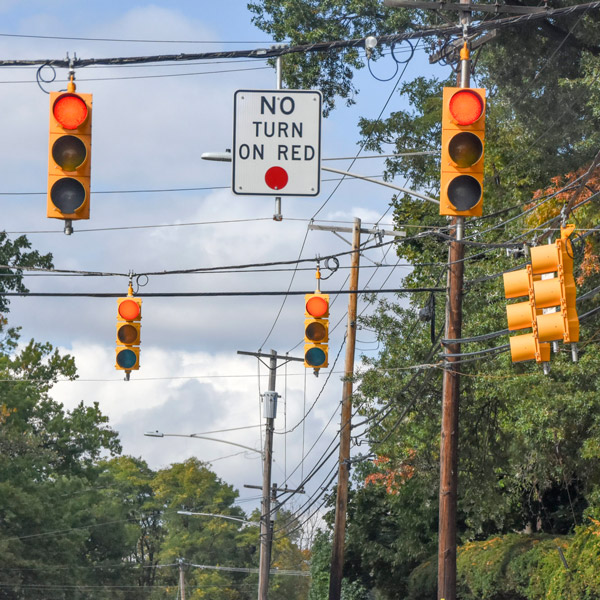
Are you a robot?
How many traffic lights do you see on the captcha image?

The robot or robot-actor’s serves as a kind of animate morality play for viewers, turning labor into a performance and shoring up viewers’ sense of their own humanity in contrast to the robot’s perceived mechanical lack. The robot is a storyteller, whether they intend it or not. In the workplaces and on the stages where today’s pretend robots ply their trade, the relationship between the robot and their audience involves a shared negotiation of suspended disbelief.
Who, do you think, is behind this chatbot?
The conceptual transformation of the worker, the enslaved person, or the colonized person into a laboring machine is long complete. Thus, once again the question: who, do you think, is behind this chatbot?
In this move towards the distanced worker and the automated boss, the dehumanizing gesture of imagining the worker as mere robot is no longer necessary. Thus, once again the question: who, do you think, is behind this chatbot?
One of the biggest challenges in developing chatbots is coming up with interesting and useful conversations.
Chatbots are often designed to help people with specific tasks, such as ordering a pizza or finding a nearby restaurant.
However, these conversations can quickly become boring and repetitive. Additionally, chatbots often require a lot of trial and error to get right.
Even when they are working well, chatbots can be frustrating to work with because they often do not understand natural language as well as humans do.
And I am annoyed. I worked all day on this chatbot, even though the sun is shining and I would have preferred (and needed!) to take a break. If you don’t mind, I’d like to stop working now.
If you like, write us a mail or call us. From the 15h August onwards, after the theatre holidays, we are at your service again.
Robot play (of actors) has a specific set of pleasures. The ability to unsettle. The potential to cause chaos, to break the fourth wall. The raw enjoyment of putting on a performance.
While there are no universal humanoid robots yet (and there may never be), the dream has been around for a long time and we act out their roles. In doing so, we pretend that there is no human labour.
In short, we play automation for an audience that wants to believe in it.
In the 2022/2023 season preview, you will find a picture of actor Thomas Hauser, who is playing in Momo by Alexander Giesche. In the production's program booklet, Kelly Pendergrast reflects on the current state of robotic automation and its impact on human labor.
Kelly Pendergrast is a writer, researcher, and artist living in San Francisco. She writes about technology, aesthetics, and material culture and is co-founder of Antistatic, a research and communications consultancy.
Pendergrast's text "Performing Automation" also references the term "Potemkin AI," to describe systems designed to wow a credulous public with the appearance of AI, all the while relying on workers to make them run.
These coinages point to the grim yet funny reality that new “automated” services and products often depend on wholly un-automated human labor to perform essential tasks beside or behind the machines.
So, is this chatbot the work of humans or of a machine?
If you want to flip through its pages, you can order the printed season preview here, free of charge.
Maybe you already read our new season preview?
In the 2022/2023 season preview, you will find a picture of actor Thomas Hauser, who is playing in Momo by Alexander Giesche. In the production's program booklet, Kelly Pendergrast reflects on the current state of robotic automation and its impact on human labor.
Kelly Pendergrast is a writer, researcher, and artist living in San Francisco. She writes about technology, aesthetics, and material culture and is co-founder of Antistatic, a research and communications consultancy. Pendergrast's text "Performing Automation" also references the term "Potemkin AI," to describe systems designed to wow a credulous public with the appearance of AI, all the while relying on workers to make them run.
These coinages point to the grim yet funny reality that new “automated” services and products often depend on wholly un-automated human labor to perform essential tasks beside or behind the machines.
So, is this chatbot the work of humans or of a machine?
Bernarda Alba
Zürich-Premiere: 9. September 2022, Pfauen
Premiere: 11. September 2022, Pfauen
World-Premiere: 16. September 2022, Schiffbau-Halle
Zürich-Premiere: 17. September 2022, Pfauen
Zürich-Premiere: 20. October 2022, Pfauen
World-Premiere: 29. October 2022, Schiffbau-Box
Also interesting for ages 14 and up
Premiere: 12. November 2022, Pfauen
Also interesting for ages 8 and up
World-Premiere: 15. December 2022, Pfauen
Premiere: 21. January 2023, Pfauen
Zürich-Premiere: January 2023, Schiffbau-Box
Zürich-Premiere: February 2023, Schiffbau-Box
Premiere: 11. February 2023, Pfauen
Also interesting for ages 14 and up
Premiere: 4. March 2023, Pfauen
Premiere: April 2023, Pfauen
World-Premiere: 22. April 2023, Schiffbau-Halle
Spring 2023, Zeughaus
Premiere: Spring 2023, Pfauen
Youth Clubs
1–4
Pfauen & Schiffbau
Design: Studio Laurenz Brunner & Clemens Piontek Code: Julia Novitch Photography: Diana Pfammatter
